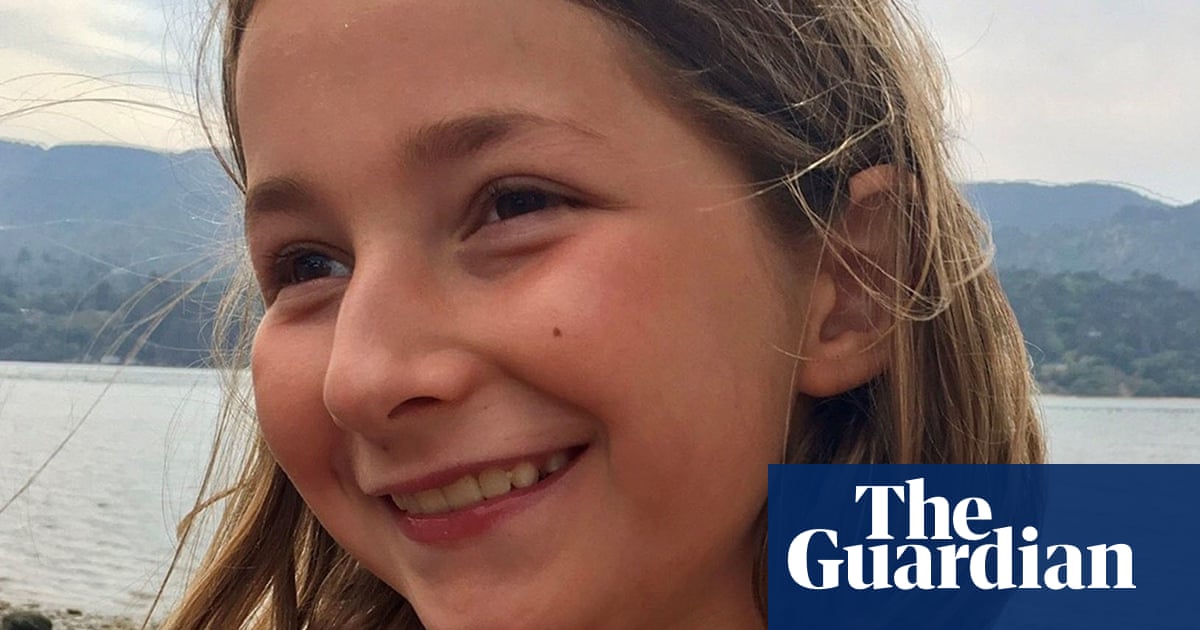
All adults in England will be considered organ donors when they die, after a change to the law this week that will presume consent unless the family intervenes or the individual opts out.
At present 80% of adults in England say they would consider becoming a donor, but fewer than 40% have signed up to the current register. The change, which comes into effect on 20 May, could save hundreds of lives each year.
The law is called Max and Keira’s law, after a boy whose life was saved when he received the heart of a nine-year-old girl who died in a car crash.
Family consent will still be required for organs or tissues to be retrieved, both out of consideration for the family, and to make sure additional relevant information is gathered.
Opt-out has been a success in Wales, where it has been law since 2015. “Since Wales introduced an opt-out system, their consent rate has risen from 58% to 75%,” said Helen Gillan, the general manager of tissue and eye services at NHS Blood and Transplant.
While the need for internal organs is the most acute, the need for tissues, particularly corneas, is also urgent. Twenty corneas – 10 donors – are needed every day.
“Last week we had 63 out of 70 so it was a good week. But we have weeks where we might be down to 45,” Gillan told the Guardian earlier this year during a visit to the Liverpool site of NHS Blood and Tissue, the largest tissue and eye bank in Europe.
Heart valves are also in short supply – 60 donations are needed every month, but recent figures suggest only 40 a month are coming in.
In 2019, the volcanic explosion on New Zealand’s White Island resulted in many horrific injuries. Of the survivors taken to hospital in the aftermath, 27 had burns to more than 30% of the body.
Medical authorities said 1.2 million sq cm of skin had been ordered from the US to treat the wounded. The tissue was to be used for temporary dressings until the victims’ skin recovered and could be grafted.
The Liverpool site, which holds human tissues from bone to tendons and corneas, offered skin to New Zealand from its stocks – the bank currently holds 500,000 sq cm of the tissue, with each packet lasting five years.
But Gillan said that during the London Olympics, the bank built up a far larger stock in case of a terror incident. “We ended up going for a million sq cm of skin because we decided that there [are] only so many beds available, and surgeons.”
Trained teams have just 24 hours after death in which to retrieve tissues, often from hospital mortuaries. Gillan says about twice a week, donations are transported to the Liverpool site, either to train staff or because the required tissue is unusual with retrieval carried out in the dedicated donation facility.
But donation does not only occur after death. Bone can come from living donors – often those who are having procedures such as hip replacements – while the service also provides “artificial tears” produced from blood serum for patients who have dry eyes, and amniotic membrane from women who have given birth by elective caesarean section.
“It is full of nutrients and growth factors, so it helps regenerating the surface of the eye when a burn happens,” said Sajjad Ahmad, a consultant ophthalmic surgeon at Moorfields eye hospital.
But many organ and tissue recipients are upbeat about the changes. Andy Coghlan, 34, was born with a heart defect called Tetralogy of Fallot and received a new heart valve aged 15. He thinks the new rules will make a difference to tissue donation.
“[Signing the register] is the sort of thing you think ‘oh yeah I should really do that’ and then you don’t do it,” he said. While Coghlan welcomed the continued requirement for family consent, he is optimistic about the new system. “Personally I think it is fantastic because it will save more lives, that is the bottom line for me.”












